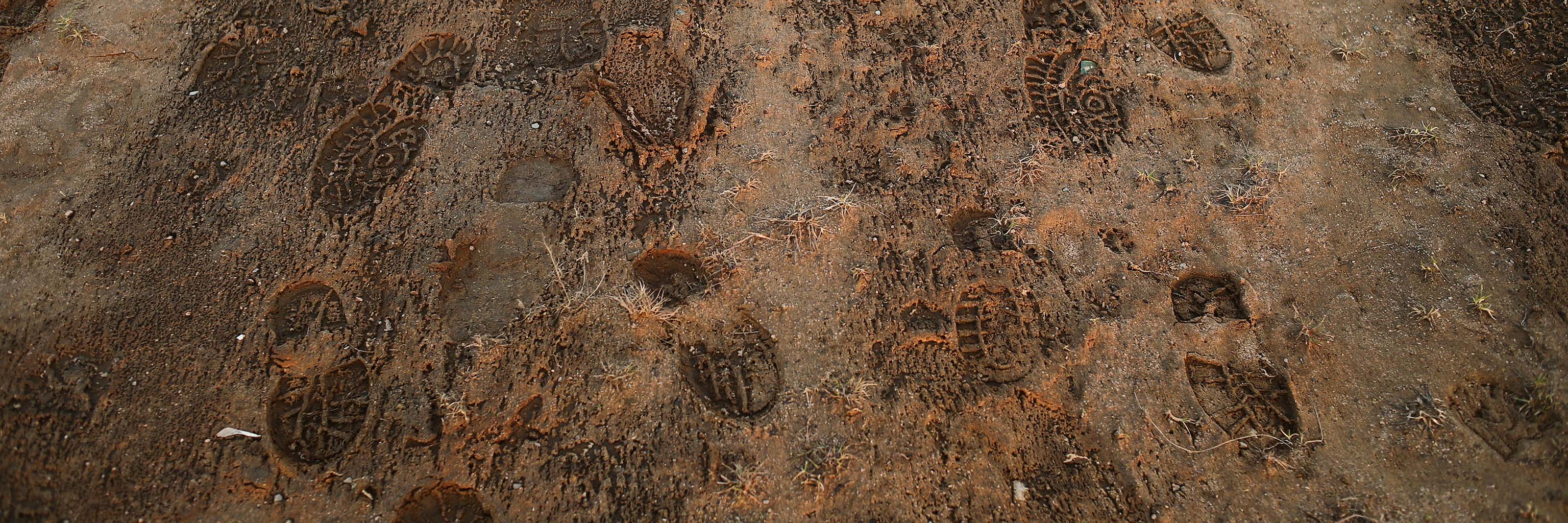The Microbiology program in the Department of Biology at Indiana University is a diverse, dynamic, and collegial environment in which students can learn about basic microbiology, host-microbe interactions, virology, metabolism, and more. We are excited you are interested in joining us!
The How to Apply area of our website provides useful information common to all three Ph.D. programs in our department—including a link to the online application, a list of required documents, key dates common to all programs, information on application fee waivers, and helpful contacts.
When completing the online application, please ensure that you select the Microbiology Ph.D. program through the IU Bloomington campus instead of the Indianapolis campus. Each campus offers an independent Ph.D. program in Microbiology; the two programs are not affiliated.
The goal of this page is to provide you with information about the admissions process that may be unique to the Microbiology program.

 The College of Arts
The College of Arts